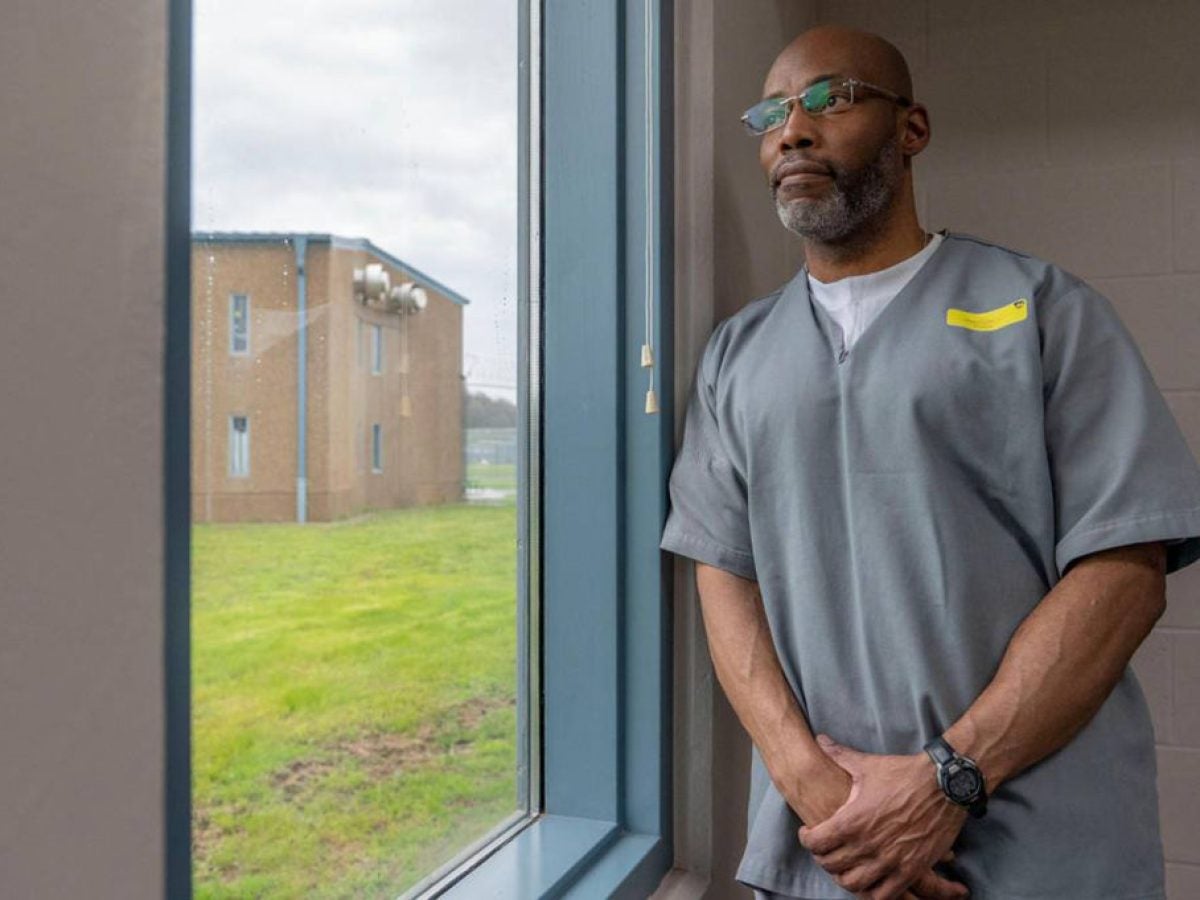
Lamar Johnson has spent more of his life behind bars than he has as a free man. When he was 22 years old, Johnson was wrongfully convicted and sentenced to life in prison for the murder of Marcus Boyd, who was shot dead in October of 1994 by two masked men “over a $40 drug debt.”
From the outset, Johnson has professed his innocence, stating that he was with his girlfriend at the time, who lived miles away from the location of the crime, on top of the fact that others late came forward and confessed to the crime.
But yesterday on Valentine’s Day, Missouri Circuit Judge David Mason finally overturned Johnson’s conviction, explaining his decision-making process, which was dependent upon “reliable evidence of actual innocence – evidence so reliable that it actually passes the standard of clear and convincing.”
Johnson’s is “the first case heard in St. Louis under new state legislation that empowers local prosecutors to re-open languishing innocence cases…A successful grassroots movement pushed for passage of legislation to right this wrong,” and thus concludes this years-long legal battle waged by the Midwest Innocence Project in conjunction with St. Louis Circuit Attorney Kim Gardner.
During their investigation, Johnson’s lawyers “found misconduct by a prosecutor, falsified police reports and perjured testimony.” However, all their efforts were almost thwarted by Republican Attorney General Eric Schmitt whose office was fighting for Johnson to continue to remain locked up.
After the ruling, Johnson’s lawyers said “While today brings joy, nothing can restore all that the state stole from him. Nothing will give him back the nearly three decades he lost while separated from his daughters and family…The evidence that proved his innocence was available at his trial, but it was kept hidden or ignored by those who saw no value in the lives of two young black men from the South Side.”
Now, Johnson faces the monumental task of “rebuilding his life” after spending most of his adult life imprisoned, and while some states do compensate people with vacated criminal convictions, unfortunately Johnson will not be able to benefit. “In Missouri, that ability is really just non-existent. So Missouri does not provide compensation for individuals who are wrongfully convicted unless they’re exonerated through a very specific procedure in which that person is requesting DNA testing and that DNA testing leads to evidence that proves their innocence,” said Tricia Rojo Bushnell of the Midwest Innocence Project, which launched this GoFundMe to help Johnson.
Although this was a moment for celebration for Jonson and his family; not all are so lucky—just “[l]last week Missouri carried through an execution of a man that many believed had strong claims of innocence.”




